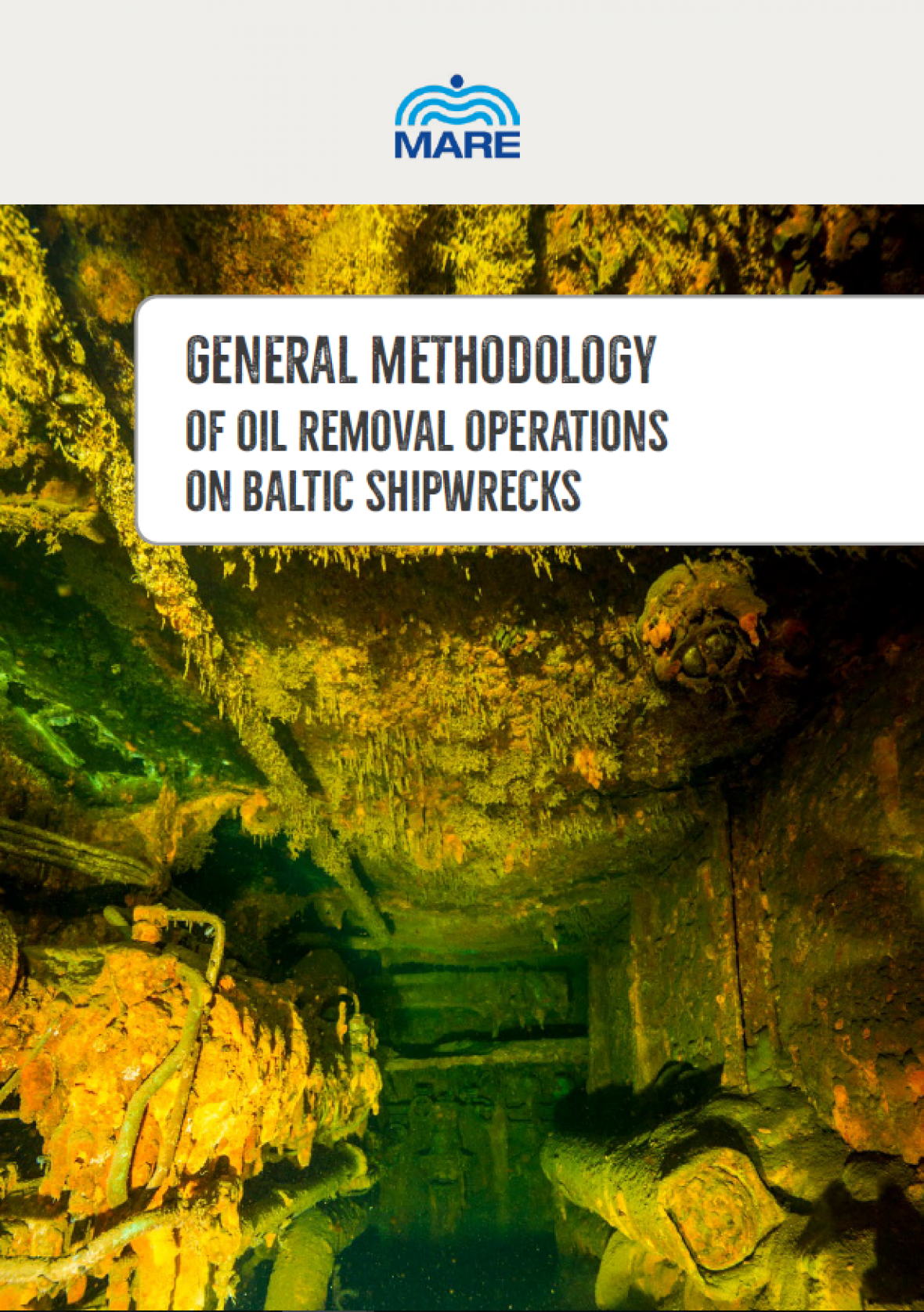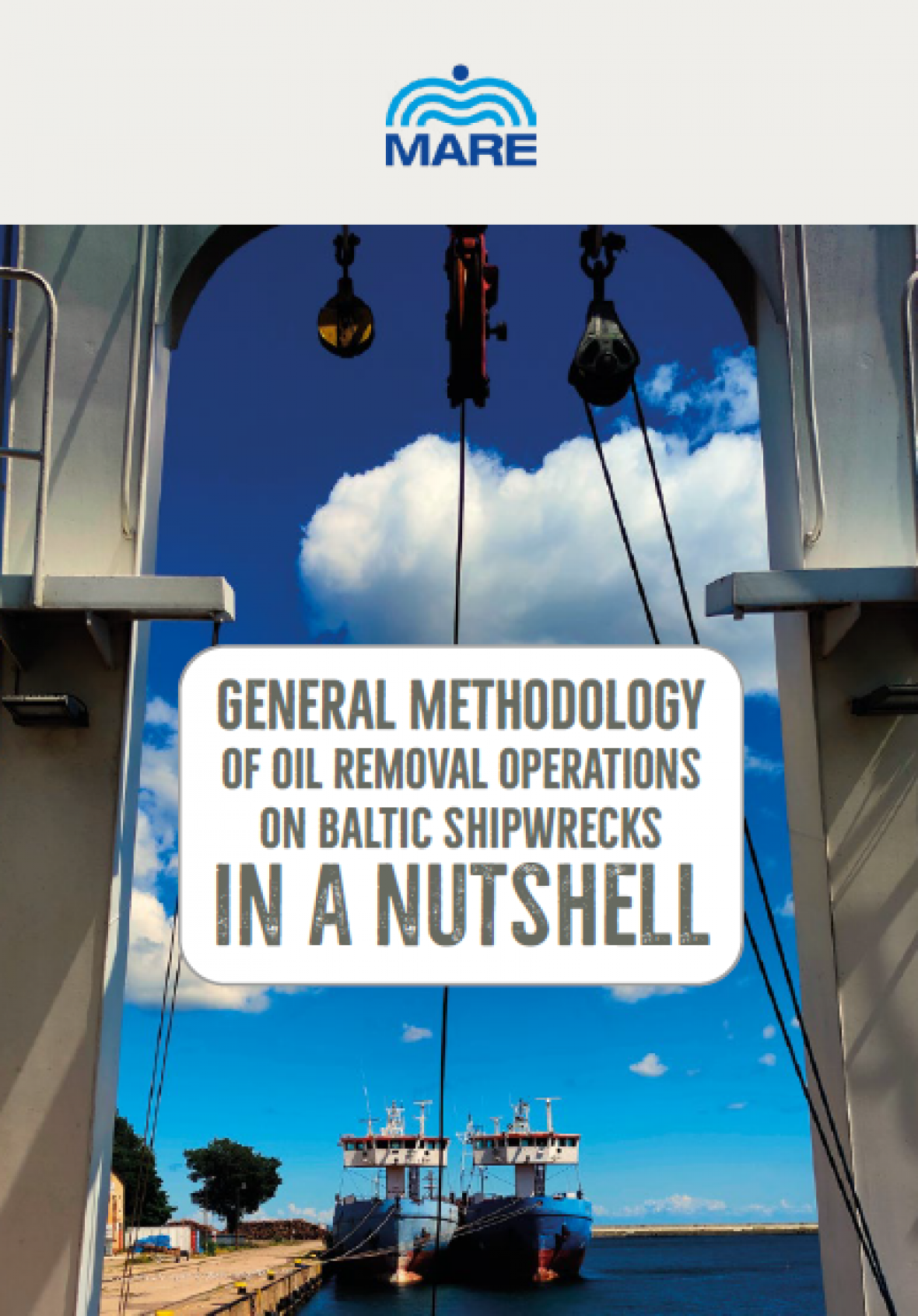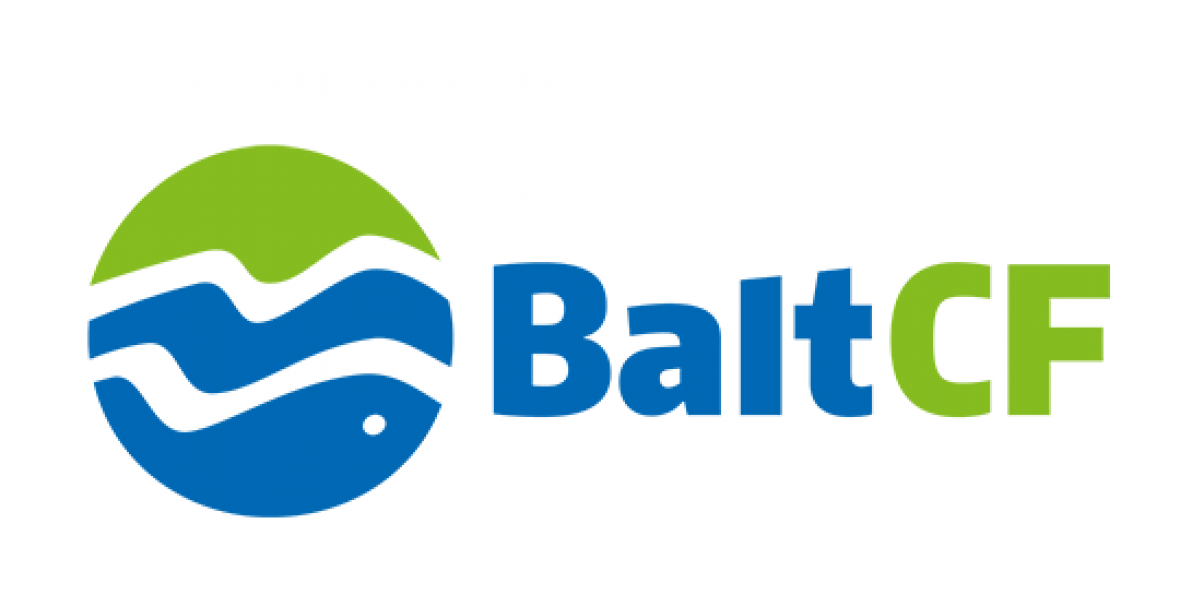
General Methodology of Oil Removal Operations
There are many factors that can negatively affect the marine environment. The shipwrecks located on the seabed are one of them and can contaminate both the water and the seabed with various types of ship fuels and other hazardous substances, including conventional and chemical weapons. All of which pose a serious threat to the marine ecosystems and the environment. It is a global problem, particularly detrimental in enclosed sea basins, such as the Baltic Sea or the Black Sea. The greatest potential threat is posed by ships sunk during World War I and II.
This issue gives more and more causes for concern every day and is starting to be addressed more seriously in many regions of the world. According to the data held by the Naval Hydrographic Office in Gdynia, there are over 415 wrecks in Polish internal sea waters alone, of which about 100 are located in the Gulf of Gdańsk. And that is just the tip of the iceberg of the problem.
At the MARE Foundation, we strive to implement measures to manage wrecks in Poland as soon as possible. Since 2018 we've been conducting activities aimed at highlighting the issue of oil remaining in the WWII wrecks in the Baltic in the hope of convincing the government to introduce a dedicated wreck management programme. Our activities focused mainly on lobbying and researching the available risk assessment methodologies and retrieval technologies.
That is way we decided to publish and present to the marine administration the General Methodology of Oil Removal Operations on Baltic Shipwrecks that serves as a proposition of a ready wreck management programme for Poland and is to a large extent based on the Environmental Desk-Based Assessment method used in United Kingdom and on the VRAKA risk assessment methodology developed in Sweden.
The methodology was published in two language versions. We also encourage you to read the summary in a form of a short brochure - METHODOLOGY in a NUTSHELL.
DOWNLOAD:
If you are interested in obtaining a paper version of the report please contact us via email at: kontakt@fundacjamare.pl




